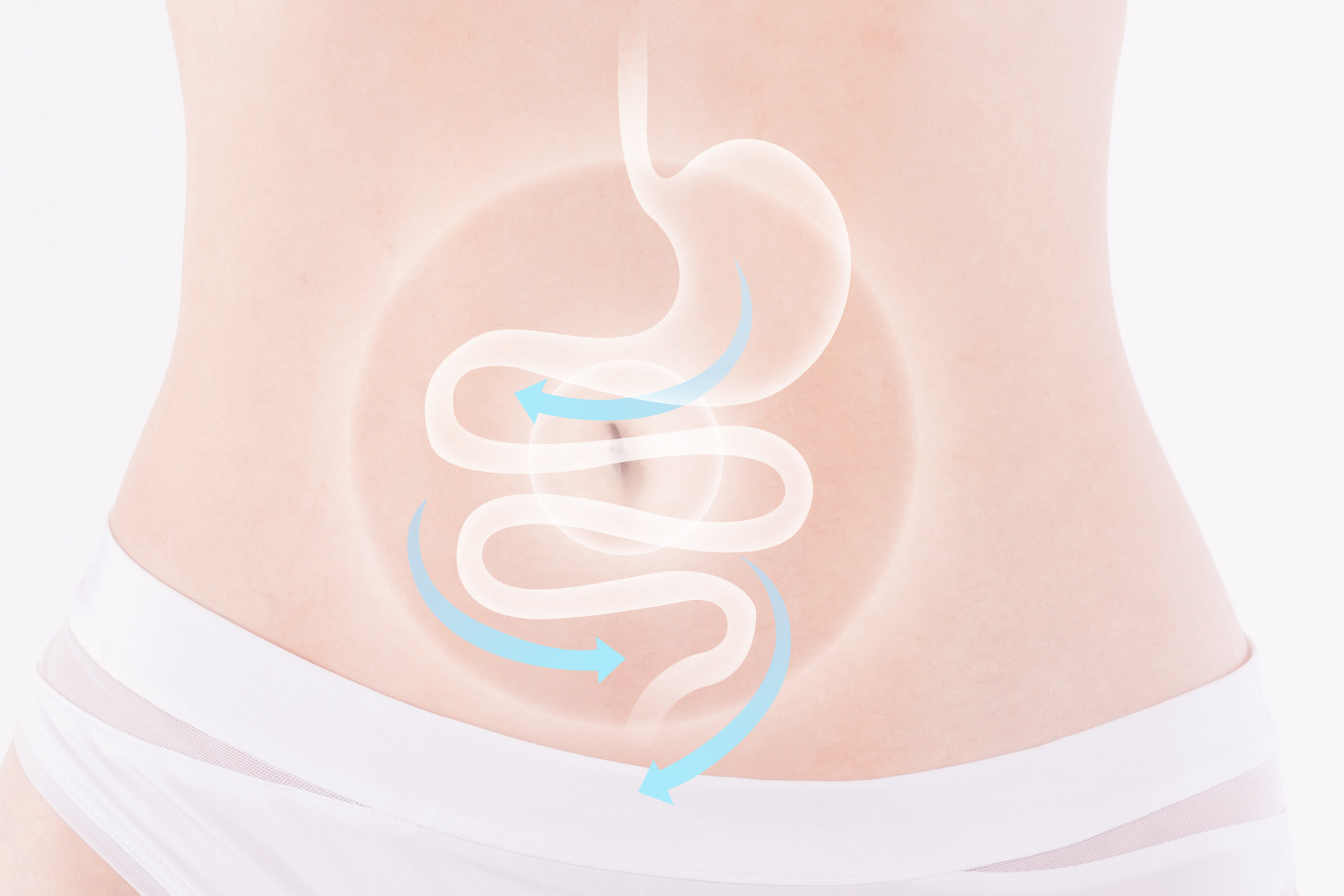In the theory of "medicinal food homology" in traditional Chinese medicine, herbs with mild properties that have health and wellness benefits have long been commonly consumed, such as trendy weight loss herbs like hawthorn and lotus leaf. Traditional Chinese medicine prescribes weight loss formulas based on different causes and constitutions, divided into four categories, each with different weight loss ingredients. These four categories include: stomach heat and dampness obstruction type, spleen deficiency and dampness obstruction type, liver depression and qi stagnation type, and liver and kidney yin deficiency type. Therefore, there are four types of traditional Chinese medicine weight loss tea formulas:
Cassia seed for clearing heat
Clearing heat type
Target: White-collar workers under 30 years old who gain weight due to excessive socializing, oily diet, and work stress, resulting in excess heat in the body, restlessness, bitter taste in the mouth, bad breath, easy hunger, irritability, yellowish urine, and constipation. From the perspective of traditional Chinese medicine, besides lipid reduction and diuresis, the key is to clear heat so that the body's metabolic function can return to normal.
Weight loss formula:
1. Cassia seed, slightly cold in nature, can lower blood pressure, reduce blood lipids, and promote bowel movements. If you have high blood pressure and constipation, it is more suitable to choose cassia seed tea. However, it is not suitable for people with a cold and cool constitution who are prone to diarrhea and stomach pain.
2. Green tea, cool in nature, can reduce fat and aid digestion, and also has anti-cancer effects. However, green tea is an unfermented tea, and according to traditional Chinese medicine, it is more likely to irritate the stomach, so people with poor gastrointestinal function should pay more attention.
Spleen-tonifying type
Target: Some people are overweight due to qi deficiency and need to tonify the spleen. Traditional Chinese medicine believes that qi deficiency can cause abnormal spleen function. By replenishing qi, the body's functions can naturally restore, enabling normal metabolism and weight loss.
Weight loss formula:
1. Coix seed, neutral in nature, can eliminate dampness. Due to its gentle nature and slow effect, it is often used in combination with other herbs or food ingredients.
2. Astragalus, sweet in taste and slightly warm in nature, can tonify the middle burner and benefit qi, and promote diuresis and reduce swelling. It does not have lipid-lowering effects itself, but according to traditional Chinese medicine theory, qi deficiency needs to be tonified to enhance the efficiency of body metabolism. Astragalus can also enhance immune function.
3. Poria cocos, sweet in taste and neutral in nature, can tonify the spleen and promote diuresis. It can lower blood sugar, have a sedative effect, tonify qi, and enhance immune function. Long-term consumption is also fine. Poria cocos soup and Four Gentlemen Decoction are commonly used in folk remedies.
Qi-regulating type
Target: Traditional Chinese medicine emphasizes the smooth flow of "qi" in the liver. If liver depression occurs, digestion and metabolism will be incomplete, leading to weight gain. This type is more common in young women, and common symptoms include chest tightness, bloating, emotional fluctuations, and even menstrual disorders. It is equivalent to Western medicine symptoms such as anxiety, depression, and neurosis. People of this type tend to use eating as a way to relieve their condition, which further leads to obesity.
Weight loss formula:
1. Tangerine peel can help digestion, dispel phlegm, and regulate qi. It is not very effective when used alone for weight loss.
2. Rose flower can also regulate qi, and has minimal side effects. It needs to be used in combination with other weight loss herbs.
Nourishing yin type
Target: Elderly people with yin deficiency constitution are prone to obesity. Traditional Chinese medicine focuses on nourishing yin for this type. Elderly people may experience dizziness, poor sleep quality, lower backache, dry mouth, etc. Traditional Chinese medicine believes that this is due to insufficient yin and blood. From the perspective of Western medicine, as people age, organs age, metabolic rate decreases, circulation is poor, and blood cannot nourish tissues properly. Traditional Chinese medicine places great emphasis on "blood". For these patients, besides nourishing blood, promoting blood circulation is also important.
Weight loss formula:
1. Polygonum multiflorum can lower blood lipids, nourish blood, and has good effects on weight loss in elderly people.
2. Salvia miltiorrhiza has a mild blood-nourishing effect and can promote blood circulation. It has effects on lowering cholesterol and blood lipids. It also has effects on coronary heart disease and angina pectoris, and can improve circulation.






